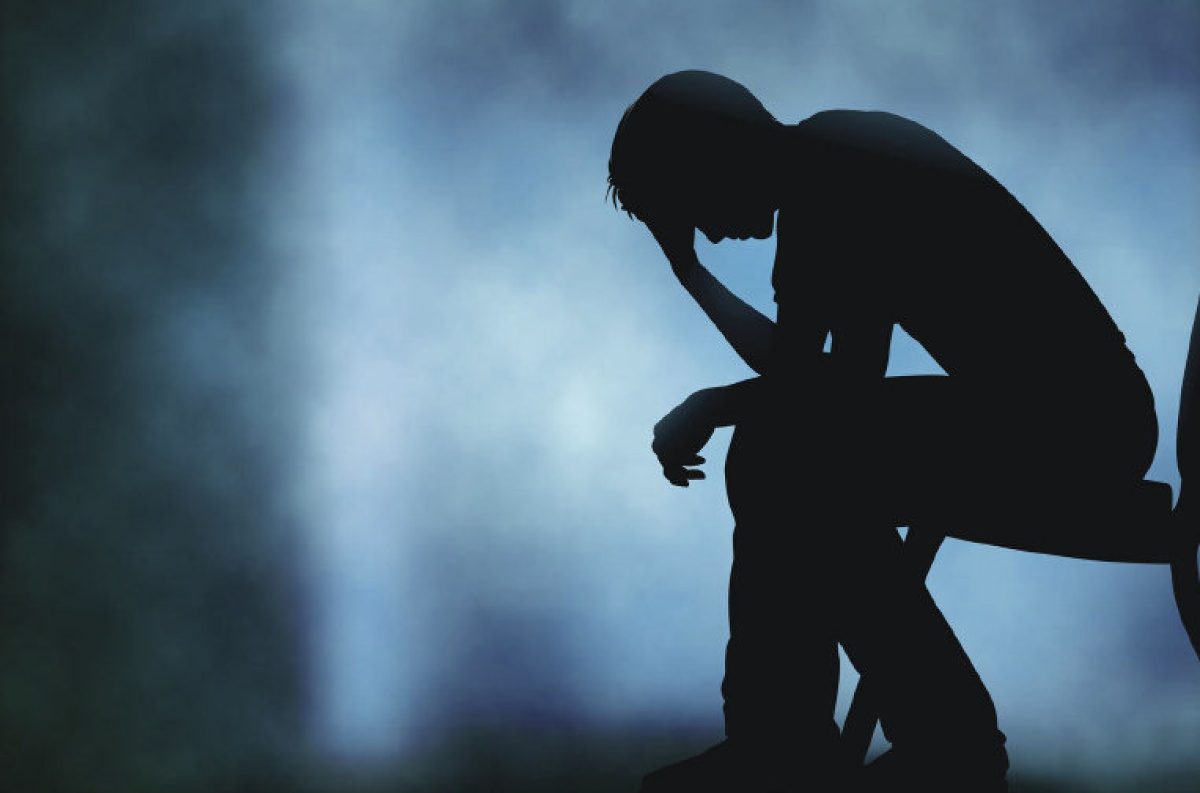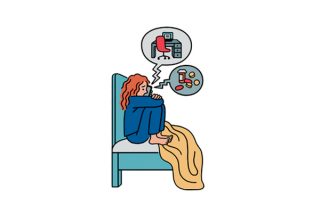
Mental health includes our emotional, psychological, and social well-being. It affects how we think, feel, and act. It also helps determine how we handle stress, relate to others, and make choices. Mental health is important at every stage of life, from childhood and adolescence through adulthood.
Over the course of your life, if you experience mental health problems, your thinking, mood, and behavior could be affected. Many factors contribute to mental health problems, including:
- Biological factors, such as genes or brain chemistry
- Life experiences, such as trauma or abuse
- Family history of mental health problems
FAST FACTS
- 1 in 5 Adults have a mental health condition. That’s over 40 million Americans; more than the populations of New York and Florida combined.
- Youth mental health is worsening. Rates of youth with severe depression increased from 5.9% in 2012 to 8.2% in 2015. Even with severe depression, 76% of youth are left with no or insufficient treatment
- More Americans have access to services… Access to insurance and treatment increased, as healthcare reform has reduced the rates of uninsured adults. The greatest decrease in uninsured Adults with mental illnesses was seen in states that expanded Medicaid.
- But most Americans still lack access to care. 56% of American adults with a mental illness do not receive treatment. Even in Maine, the state with the best access, 41.4% of adults with a mental illness do not receive treatment.
- There is a serious mental health workforce shortage. In states with the lowest workforce, there is up 6 times the individuals to only 1 mental health professional. This includes psychiatrists, psychologists, social workers, counselors, and psychiatric nurses combined.
Additional Resources
MENTAL HEALTH & PSYCHIATRIC DISORDERS

REFINERY 29
What to know if you’re worried about passing on a mental illness to children

NEW YORK TIMES
Must I tell my Boss I’m absent because of Mental Illness?






